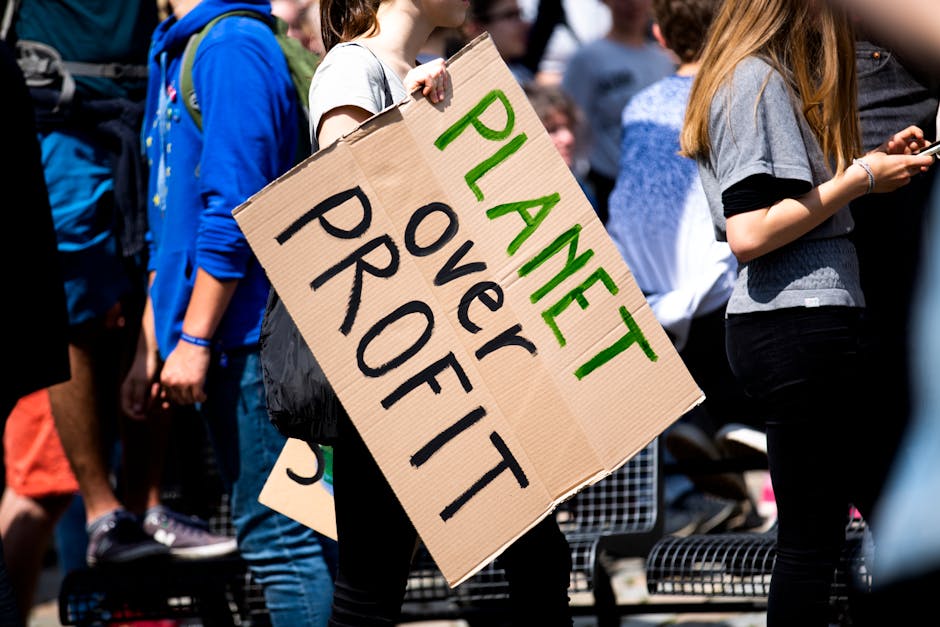Global warming, a pressing issue of our time, refers to the rise in the average temperature of the Earth's atmosphere and oceans. This phenomenon, primarily attributed to human activities, has far-reaching implications for our planet and its inhabitants.
**Causes of Global Warming**
The primary contributor to global warming is the emission of greenhouse gases. These gases, such as carbon dioxide, methane, and nitrous oxide, trap heat in the atmosphere, causing a gradual increase in temperatures. Human activities, particularly the burning of fossil fuels for energy production, transportation, and industrial processes, release significant amounts of greenhouse gases.
**Consequences of Global Warming**
Global warming has numerous adverse consequences on the environment, ecosystems, and human societies. It leads to:
* **Sea level rise:** As oceans warm, they expand and melt glaciers, contributing to rising sea levels. This phenomenon threatens coastal communities, infrastructure, and ecosystems.
* **Extreme weather events:** Global warming intensifies extreme weather events such as hurricanes, heat waves, and droughts. These events cause damage to property, infrastructure, and agriculture, as well as pose safety risks to populations.
* **Loss of biodiversity:** Rising temperatures and altered ecosystems disrupt habitats, leading to species extinction and biodiversity loss.
* **Ocean acidification:** As oceans absorb carbon dioxide from the atmosphere, they become more acidic. This acidification harms marine life, particularly organisms that build shells or skeletons.
* **Health impacts:** Heat waves, air pollution, and extreme weather events can directly impact human health, leading to heatstroke, respiratory problems, and other health issues.
**Addressing Global Warming**
Tackling global warming requires a concerted effort from governments, industries, and individuals. Strategies to reduce greenhouse gas emissions include:
* **Transitioning to renewable energy sources:** Investing in solar, wind, and geothermal energy can drastically reduce fossil fuel consumption.
* **Improving energy efficiency:** Implementing energy-efficient technologies in buildings, transportation, and industries can minimize energy consumption.
* **Promoting sustainable agriculture:** Adopting sustainable farming practices, such as reducing fertilizer use and implementing agroforestry, can reduce greenhouse gas emissions.
* **Encouraging carbon sequestration:** Planting trees and restoring forests help absorb carbon dioxide from the atmosphere and mitigate climate change.
**Conclusion**
Global warming poses significant threats to our planet and its inhabitants. By understanding the causes and consequences of this phenomenon, we can take steps to reduce greenhouse gas emissions and mitigate its impacts. Transitioning to renewable energy, improving energy efficiency, promoting sustainable practices, and encouraging carbon sequestration are crucial strategies for safeguarding our future. The collective actions of individuals, industries, and governments are essential to address this urgent environmental challenge.

